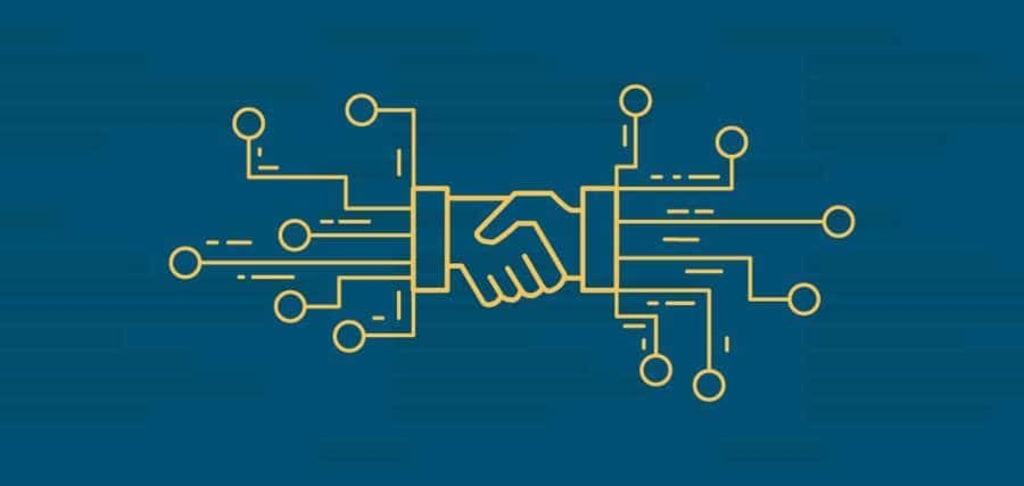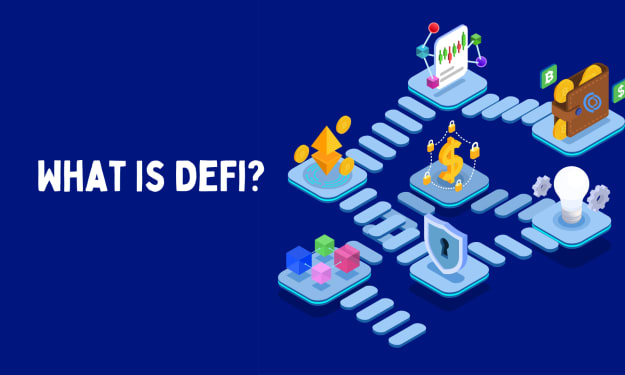
Blockchain technology work in smart contracts:
Lawyer answer:
In general terms, when referring to Smart contracts or intelligent contracts , it is necessary to mention the Blockchain , which is a technology that, among other things, allows establishing decentralized and secure mechanisms that give confidence to the parties to a contract. , so that when a contract is created based on this technology, the automated execution of the contract is facilitated and therefore its fulfillment is guaranteed quickly, by establishing contractual conditions in systems that are supported by Blockchainand that allow there to be security regarding the parties and the non-modification of what was agreed, Bridge Smart Contract Development Services so that once the system verifies compliance with what is established, it will proceed to autonomously execute what is indicated in the smart contract.
Answer Systems Engineer:
It literally means blockchain . It is a database or public registry that can be shared by many users in a peer-to-peer mode (P2P or peer network) and that allows the storage of information in an immutable and organized way.
It is a term associated with cryptocurrencies because, apart from being the technology that supports them, it was born with the first virtual currency in history in 2009, Bitcoin .. In this case, the data added to the blockchain is public and can be consulted at any time by network users.
However, it is important to remember that cryptocurrencies are just that, coins! As is the case with the euro, the dollar or any type of paper money. Each one is a simple material with a printed value , but what allows its use and generates value are the economic laws that support it.
The main objective of blockchain technology is to create an unchangeable record of everything that happens in the block chain, which is why we speak of a secure and transparent system.
The ‘smart contracts’o Smart contracts have been an impossible dream since the 1990s, but ‘blockchain’ technology has brought this concept back to life with the aim of automating contractual relationships between people or machines without the intervention of a trusted intermediary.
From a legal point of view, what functions does a smart contract have and how should they be executed?
Lawyer response:
Due to the characteristics of the technology on which it is supported, we can say that the application of Smart Contracts or intelligent contracts can be extended to any type of contract regardless of its nature, that is, the functions of the contracts. Really, it is not the conclusion or execution of contracts by artificial intelligence autonomously as it might seem, but on the contrary, in Smart contracts .A contract or agreement is previously concluded between two or more people, who, in order to provide greater security and ease of automatic execution to it, agree on the contractual conditions that must be fulfilled so that the system makes, Cross chain bridge development for example, payments automatically subject to verify in some way that the seller complied with the delivery of what was paid.
Who uses smart contracts in practice?
Lawyer answer:
Although it is true we could say that it is a mechanism used essentially by merchants, the use of smart contracts varies greatly depending on each country and each sector that has been implementing it, so it does not depend solely and exclusively on business between merchants, but which, on the contrary, is also used in contracts concluded with consumers; Citing several examples, we would say that smart contract technology is used in supply contracts, it has been used in countries such as Spain in the real estate sector, it is also used in the payment of compensation that covers insurance policies that, when verifying the occurrence of the claim, they automatically pay the beneficiary. While it is true that these are some examples of the use of smart contracts,
Systems Engineer Response:
Although hundreds of examples of use have been proposed for smart contracts , some of the most relevant for financial institutions (either directly or indirectly) would be:
• Loans: they could be stored as smart contracts on the blockchain , together with with the information of the property guarantees. If the debtor does not make a payment, the smart contract could automatically revoke the digital keys that give them access to collateral.
• Inheritance:they could be automated by establishing the allocation of assets after death. It could be as simple as moving a slider that determines who gets how much. Once the smart contract can verify the activation condition, in this case death, the contract becomes effective and the assets are distributed .
• Escrow: Smart contracts can be easily set up as escrow accounts that track the trade between two parties. The buyer of goods or serviceswould transfer the payment to the contract account. The contract would monitor external services (eg GPS tracking) and once ownership was transferred from the seller to the buyer, Build a cross chain bridge the contract would automatically release the funds to the seller.
• Cryptocurrency wallet controls: Contract-controlled wallets could include many different types of complex controls, from daily withdrawal limits to granting or terminating access to specific entities. The generalization of this phenomenon would lead to the notion of programmable money, a type of money that can be established so that it is spent only on certain types of assets, in a geographical area, between two dates, etc.
About the Creator
Sandyzakk
Enter and create digital economies, leveraging blockchain technology with our Metaverse development services. Design, build, and launch amazing experiences for your users effectively with a leading metaverse development company.






Comments
There are no comments for this story
Be the first to respond and start the conversation.